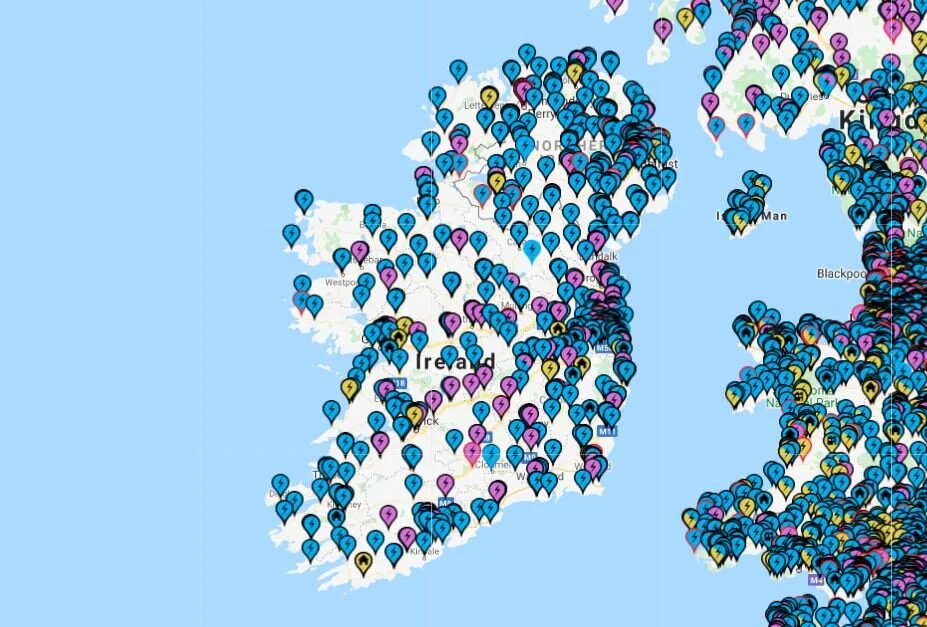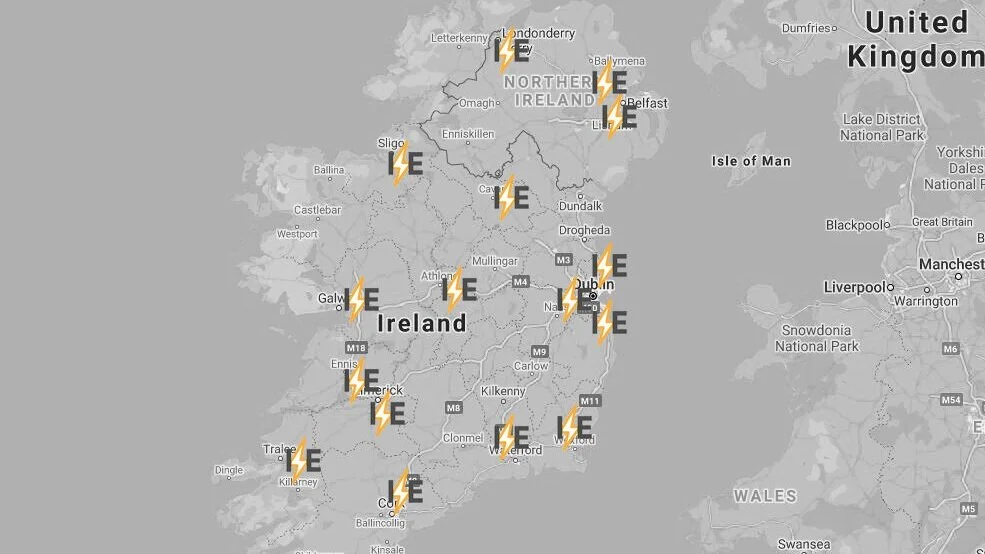
Why Car Companies Should Fund EV Charging Infrastructure
Tesla grabbed headlines overnight when it announced that it plans to make its global network of over 25,000 superchargers available to all electric vehicle users.
While this won’t happen until later in 2021, this marks a major step forward in EV charging accessibility for all EV drivers, adding considerable additional capacity to the existing public charging infrastructure.
It also raises the question of whether taxpayers should be responsible for funding public charging networks, or whether automotive manufacturers should share some of the cost. This is the issue we’ll explore today.
Tesla Just Gets It
At present Tesla is the only mass-market EV-only car maker, and has been since the start. They have understood since the very beginning that their products only work if there is a suitable charging network available to support them.
The first six Tesla supercharging stations were opened back in September 2012, and in less than a decade this has expanded to over 25,000 superchargers worldwide.
Not only is this necessary to support the functionality of their vehicles, making it as easy for their customers to charge as quickly as possible while out-and-about, it also promotes their brand and demonstrates customer care.
It is also a key differentiator compared to traditional automotive manufacturers.
Tesla’s global network of 25,000 superchargers adds significant capacity to the existing public charging network. Credit: Tesla
Talk Is Cheap
In their recent ‘New Auto Strategy Presentation’, VW’s Chairman Herbert Diess stated: “Maintaining high cash flows from our ICE business to finance the transition will be paramount.”
While many observers have understandably claimed that VW is the legacy automaker who have implemented the most ambitious EV strategy, this statement from Diess demonstrates just how far they have to go – and why brands like Tesla that started as EV-only are so crucial.
VW makes billions of Euros in profit every year. In fact, according to public records it has made in excess of €54 billion profit in the last four financial years alone (2017-2020), despite the economic downturn caused by the Covid-19 pandemic.
This demonstrates one thing, and one thing only: talk is cheap!
“Maintaining high cash flows from our ICE business to finance the transition will be paramount”
VW, a company that has repeatedly flouted emissions regulations in order to make billions in profit, while risking human health and worsening the Climate Crisis, wants to fund EVs with money from ICEs.
In short, it is prioritising profits over its environmental responsibility. This is an ethical issue that affects us all.
Given all the ills that the brand is responsible for – having repeatedly broken emissions rules since the 1970s to the detriment of human health, ecology and climate (not to mention its use of Uyghyur slave labour) – it still won’t put its money where its mouth is and commit its profits to funding the development of EVs without pushing fossil fuel vehicles that will tip the Climate Crisis beyond the point of no return.
Who Should Fund Charging Networks?
So what does all of this have to do with EV charging networks?
At present EV charging facilities are funded primarily by two groups – private enterprises, and tax payers.
A map of current public EV charging infrastructure in Ireland. Credit: Zap-Map
This year alone, the Irish government committed a further €10 million investment in the ESB charging network.
While these are public facilities for public use – and will become increasingly important over the coming years – there is an ethical question over whether tax payers should be forced to pay for the car addiction which has been pressed on us by car manufactures.
Tesla has understood this from the start: ‘build it and they will come’.
Doubtless this has played no small part in Tesla’s meteoric rise, which led it to become the most valuable car company – worth more than the next top six car companies combined in December 2020.
Furthermore, it is likely also why every new EV is lazily called a ‘Tesla-killer’ or ‘so-and-so’s next Tesla rival’ by the broader press. Tesla’s commitment to being EV-only and investing in its network has made them synonymous with electric vehicles, and caught legacy automakers napping.
If we are to avert the worst outcomes of the Climate Crisis, we either need to abandon the idea of cars and adoption both active transport and public transit en masse as fast as possible, or make the switch to zero-emissions battery electric vehicles.
The latter is certainly a less green option than the former, and if automotive manufacturers want us to keep buying their products, surely it is only right that they fund at least part of the cost for the charging network and reduce the burden on the tax payer.
After all, you wouldn’t expect the tax payer to fund the construction of petrol stations would you?!
An Ethical Stance
While this past year has given many of us hope as manufacturer after manufacturer unveiled plans to commit to EV-only futures, the reality is that far too many of these corporations are planning to transition too late to have any meaningful impact on averting the worst outcomes of the Climate Crisis.
Let us not overlook the role that these corporations have played in worsening the Climate Crisis over the past century, how they have empowered the fossil fuel industry, or the human cost of the emissions they have perpetuated – with 500,000 people in the EU alone dying prematurely each year due to air pollution.
From the perspective of IrishEVs, we believe it is time to see these corporations take an ethical stance that will atone for the consistent harm that they have wrought on both planetary health and human health, and commit their profits to funding EV development rather than relying on the sale of new ICEs.
Starting by funding the development of unrestricted public EV charging infrastructure and lessening the cost to taxpayers would be a gesture of goodwill that they are now willing to change.
What To Read Next
How Many EV Chargers Does Ireland Need?
We assess how many EV chargers Ireland actually needs, and why we should focus our investment on future-proofing the charging infrastructure, rather than just focusing on increasing the volume of those available
Beware of False Prophets & Maintaining Profits
Discover how greenwashing is being used to give false hope and diminish brands' ecological responsibilities in the eyes of consumers - as exemplified by Jaguar’s latest announcement





